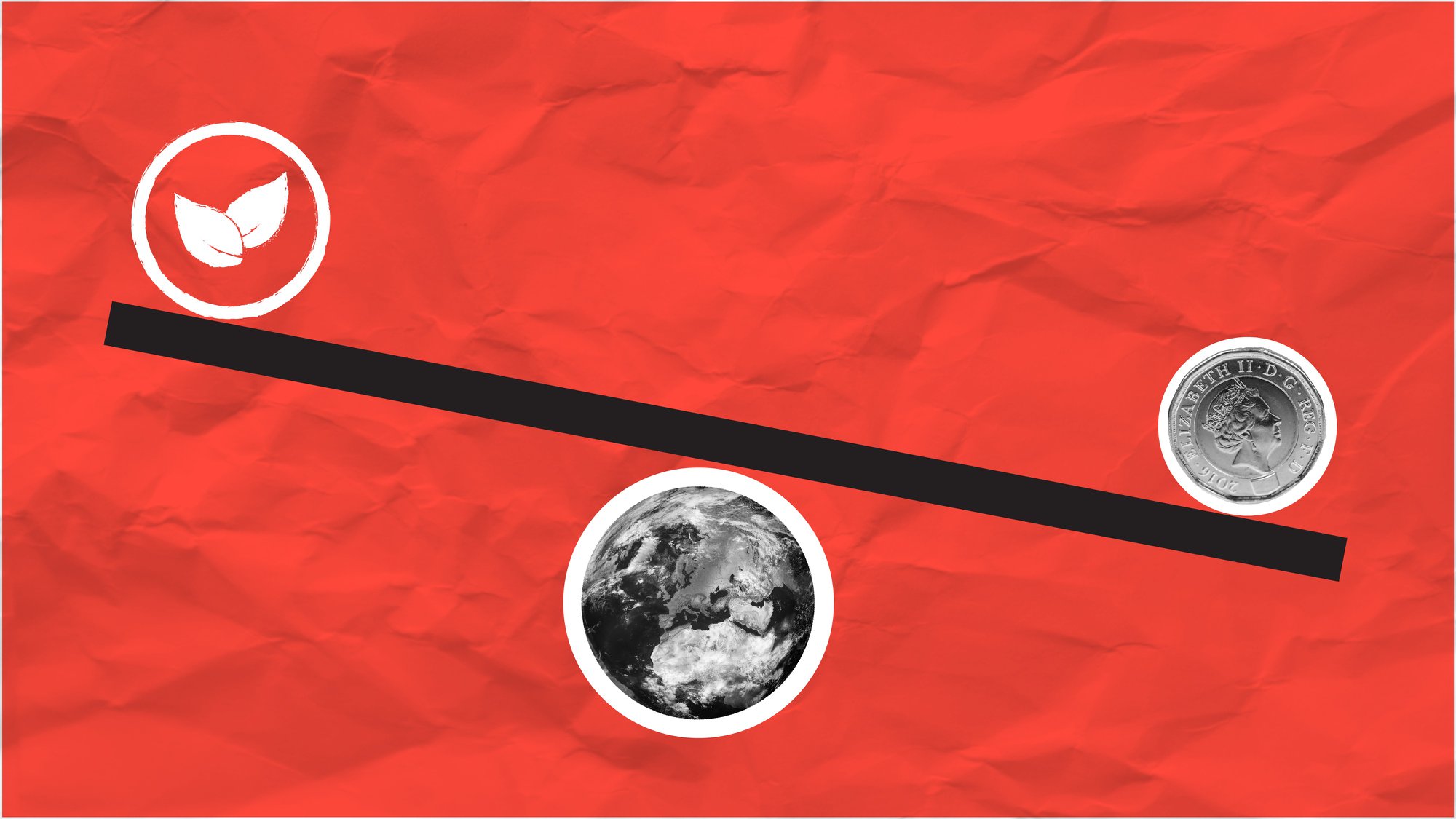4. The power of corporate reporting: how to create stakeholder trust and build brand loyalty

Part 4 – Sustainability and Impact
Embedding ESG into business strategy brings with it many benefits. It builds trust with investors and stakeholders and strengthens brand loyalty. So when it comes to corporate reporting organisations need to be brave, committed and truthful.
And research from McKinsey and Company, Jan 2022 shows this:
Companies with strong environmental, social, and governance (ESG) initiatives were shown to outperform financially, with higher return on capital and stronger growth over time.
This approach not only builds brand growth but also brand trust. As noted by our director, Sally Tarbit:
Being transparent, and sharing intent and progress shows respect for their customers (and all stakeholders), who deserve this information to make a full and informed choice about whether to engage with them – or not.

Impactful Sustainability Reporting
Organisations showcase their commitment to ethics and long-term value through comprehensive sustainability reporting.
Take BlackRock, as example. In CEO Larry Fink’s 2022 letter, he noted:
More than 50% of the assets BlackRock manages are now invested in sustainable strategies, driven by companies’ transparency.
So, when compiling your report, it’s important to be as clear as possible. Always include the ‘what’, ‘how’ and ‘why’.
- The ‘what’ is based around metrics and performance.
- The ‘how’ and ‘why’ are part of a company's ethical and social commitments and strategy story.
And to implement this, companies can adopt recognised frameworks:
- The Task Force on Climate-related Financial Disclosures (TCFD) or Sustainability Accounting Standards Board (SASB) guidelines will help to ensure credibility and rigour.
The new Corporate Sustainability Reporting Directive (CSRD) requires that companies report in accordance with the double materiality principle and must provide the information needed ‘to understand the undertaking’s impact on sustainability matters’.
At The Team, we know that navigating the complex and ever-changing sustainability reporting landscape can be daunting and quite a commitment.
We can help companies refine their sustainability strategy and craft clear disclosures that showcase their impact and value.
Corporate Reporting, Sustainability and Progress Tracking
To demonstrate progress, organisations who use established frameworks and comparable standards such as UN SDGs (Sustainability Development Goals) stand-out.
But, it’s not enough to just set sustainability goals. Businesses need to provide regular updates on their progress toward these goals.
And it’s key to note, updates should include both the successes, failures and challenges encountered along the way.
Honesty is critical here. Disclosing a truthful representation is key in avoiding accusations of greenwashing.
Following on from this, sharing incremental progress reinforces accountability and demonstrates that companies are committed to achieving or monitoring long-term sustainability targets.
Equally, progress tracking provides a clear picture of how they’re evolving and adapting to changing external, environmental or social conditions.
Summary
Organisations that prioritise responsible stewardship of people and the planet in their strategy and decision-making help to build stakeholder trust.
And communicating this through clear, concise and authentic reporting will enable stakeholders to make informed decisions about supporting the brand.





